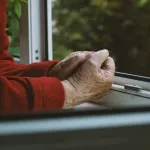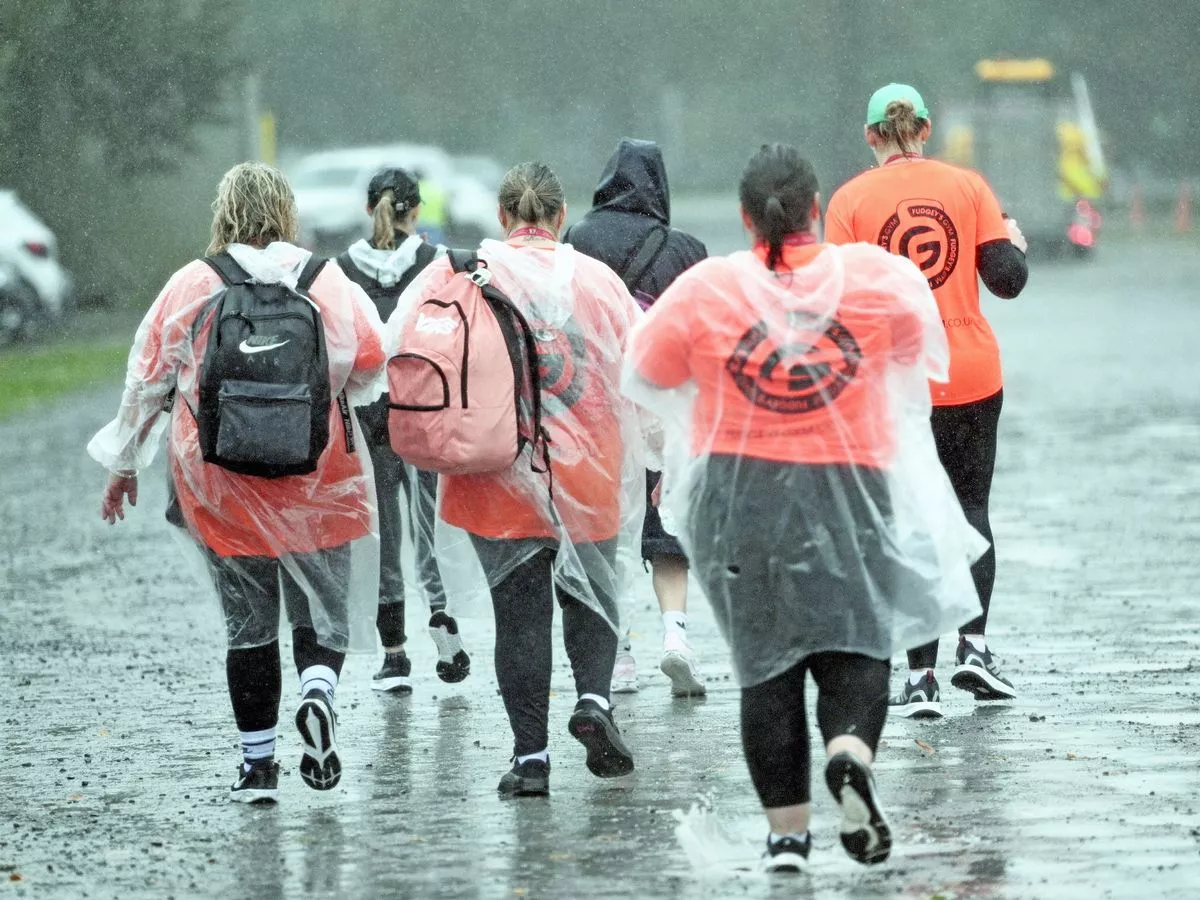By MDT,Nadia Shaw
Copyright macaudailytimes

Macau is projected to become a “super-aged society” by 2029, a classification used by the United Nations for when at least 20% of the population is aged 65 or older.
This demographic shift, driven by a declining birth rate and longer life expectancy, presents significant challenges for the economy and requires expanded government efforts in elderly care, housing, and social services.
In response, the Social Welfare Bureau (IAS) announced yesterday the launch of a comprehensive census targeting elderly residents living alone or in two-person elderly households.
The initiative aims to better understand and support this vulnerable population segment as Macau approaches super-aged-society status.
The registration effort will continue through March 2026, covering an expected 34,000 elderly people born in 1960 or earlier who hold Macau Resident Identity Cards and reside locally.
At yesterday’s press conference, IAS director Wilson Hon emphasized the government’s commitment to elderly welfare.
He stated, “This program primarily targets single-person (elderly) households and families with two elderly people. Of particular concern are single-person households with elderly individuals aged 65 or above, while families with two elderly people are actually two-person households with two elderly individuals aged 65 or above […] These do not include those living with families, which means that even if they have family help, even if they live together, we will include them in our census.”
The bureau stated that the census is a key policy priority and will be conducted in collaboration with 73 social welfare facilities across the city.
The goal is to build a district-level database that captures living conditions, health status, and service needs of elderly persons, which will enhance future planning and enable timely support from local authorities.
To facilitate this work, IAS has verified over 110,000 residential addresses of elderly pensioners, establishing a solid baseline for the census outreach.
IAS will collect health data on respondents – including mobility, cognitive function, nutrition, sensory abilities, mental health, and social support – which will be assessed using the World Health Organization’s Integrated Care for Older People approach (ICOPE).
Acting chief of the IAS Social Solidarity Department U Ka Wai explained, “Through this assessment, we can identify seniors at risk early and screen them for these risks.”
He added that a referral system coordinated with the Health Bureau (SSM) will ensure seniors with health concerns receive follow-up care, emphasizing, “We have a standardized interview process throughout our survey.”
The 73 social service facilities involved will assist elderly residents in completing census forms and will conduct home visits from 9 a.m. to 6 p.m., with evening appointments available as needed. IAS explained that interviewers will wear uniforms and carry official Social Welfare Bureau-issued ID badges with QR codes for easy verification.
When no one is home, they will leave visit notifications to record when the visit was made.
The census will be conducted in two phases. The first phase focuses on about 14,000 elderly individuals living alone or in two-elderly households who already use social service facilities, with completion expected by the end of October.
The second phase will begin around late October or November and involves door-to-door visits to other elderly residents, running for about five months until March 2026.
The survey collects basic personal information such as name, gender, ID number, and date of birth, along with observations on living conditions – such as whether the building has an elevator – and emergency contact details. To protect personal data and prevent scams, IAS stressed that the census will not request sensitive financial information like bank or credit card details, nor will it send web links via SMS.
As previously reported by the Times, the IAS director revealed that the bureau is formulating a 10-year action plan for the next phase of elderly services.



